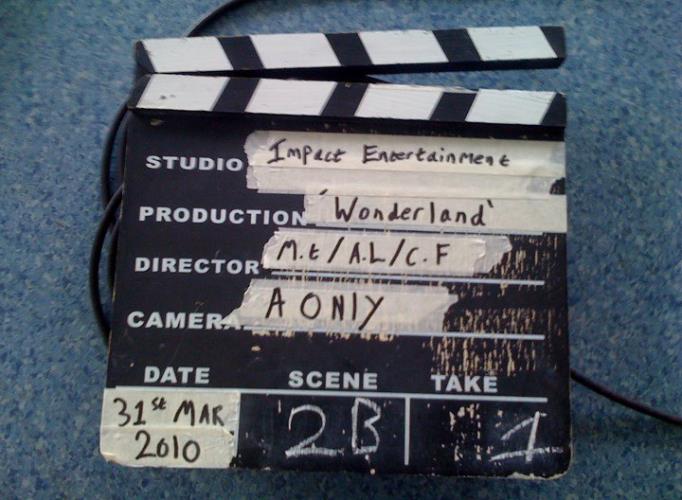Supervisor of Audio-Visual CUT Association. One of the directors of Macau Stories 1, also involved in Macau Stories 2─Love in the City and Macau Stories 3─City Maze. Macau Stories 2─Love in the City received a special mention at Portugal’s Avanca Film Festival, and was shown at film festivals in Tokyo and Osaka.

There is a saying that “one minute on the stage takes ten years of hard work off the stage.” In the movie industry, both the training of staff members in all links (productivity) and the public’s ability to analyse and interpret movies/images (connoisseurship) cannot be nurtured overnight. It can take two to three years, or even three to five years for a movie to develop from an initial idea into the stage of public ticket sales (consumption). A successful movie always involves the overall cinematic education of a country or a region, as well as the industrial development. The most ideal course of a movie can be divided into: idea, preparation, shooting, post-production, release, feedback from film critics, participation in film festivals or competitions, and having wide feedback from the society. It is the icing on the cake if the movie ends up having a historic reputation. On the other hand, the most ideal condition of cinematic education of a country or a region can be divided into: first, general education on movies in primary and secondary schools; second, general education on professional movie knowledge and humanities in the bachelor’s’ stage; third, practical movie creation, studies on cinematic theories, management, marketing and distribution of commercial movies at the master’s or doctoral level.
First, media (including movies, television, and the Internet) is inseparable from our daily lives, and has become a basic level of contemporary culture. Images are important tools to reproduce news, politics, topics and historic incidents. Through vivid pictures, the value of our culture is redefined. In the society filled with audiovisual media, it has become a basic requirement of a modern citizen to learn how to interpret, critique, and examine visual media, or even to study how to express oneself through images. This is also helpful for the enhancement of cinematic connoisseurship later on.
Second, it is actually very simple to learn how to make a movie or understand the structure of the movie industry- you just need to work for several years in a movie company. So why bother studying movies in the university? Because the role of universities are not, and should not be only “vocational training schools” that train students to accept the existing workflow, system or movie format– that would not bring improvement. Universities are supposed to stimulate students’ ability of original thinking and inspire them to innovate all sorts of possibilities so that they can bring an innovative force to the movie industry in the future. In particular, they should be cultivated on their humanities’ quality. If they possess academic qualities of philosophy, history, arts, literature and social sciences, even if they do not go into the movie industry in the future, they will at least become a cultural person.
Third, the master’s or doctoral level can be divided into three directions:
Movie creation: Making specialised innovation and practice in different workflow of movies. For instance, the Beijing Film Academy offers master’s programmes in Script Writing, Directing, Performance and Theories, Music, etc.
Theoretic studies: The study of cinematic theory is helpful for putting current movies into a bigger cinematic system and history for examination, conducting systematic summarisation and evaluation on current movies, bringing another level of innovative mentality to movie creators, impacting the public’s perception and evaluation on movies, and establishing a position in movie history for a certain movie or director.
Movie management: The sales and marketing process and related legal handling of movies nowadays are so complex that it can be treated as an individual profession. It involves capital collection, financing, credit granting, copyrights negotiation and allocation, intellectual property law, labour law, insurance, personal data protection act and etc. These require massive contract preparation. Therefore, movie managers nowadays need to possess professional abilities including legal foundation, commercial management, transnational sales and marketing proposal and theatrical distribution.
For a movie director to stand on a podium to receive recognition and glory, it entails decades of professional cinematic education, humanity studies and the full support of innovative energy in the movie sales environment.